I recently volunteered at a local animal shelter‚ and it was a heart-wrenching experience. I saw firsthand how many animals are abandoned‚ neglected‚ and abused. It broke my heart to see so many dogs‚ cats‚ and other animals crammed into small cages‚ longing for a loving home.
This experience made me realize that the future of animals truly depends on us. We are their caretakers‚ their protectors‚ and their only hope. We have a moral obligation to treat animals with kindness‚ compassion‚ and respect.
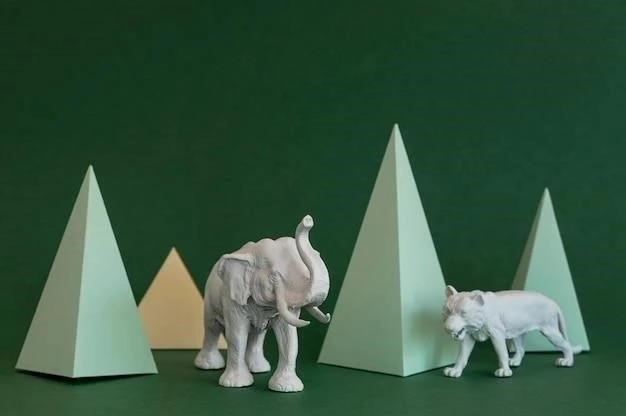
The Threats Animals Face
Animals around the world are facing unprecedented threats‚ many of which are caused by human activities. Here are some of the most pressing issues⁚
- Habitat Loss⁚ As humans continue to expand our footprint on the planet‚ we are destroying vital habitats for countless species. Deforestation‚ urbanization‚ and agriculture are fragmenting and destroying the places animals need to survive.
- Climate Change⁚ The effects of climate change‚ such as rising temperatures‚ extreme weather events‚ and ocean acidification‚ are already impacting animal populations around the world.
- Pollution⁚ From plastic waste in the oceans to air pollution in our cities‚ we are contaminating the environment and harming wildlife.
- Poaching and Wildlife Trade⁚ The illegal trade in wildlife is a multi-billion dollar industry that is driving many species towards extinction.
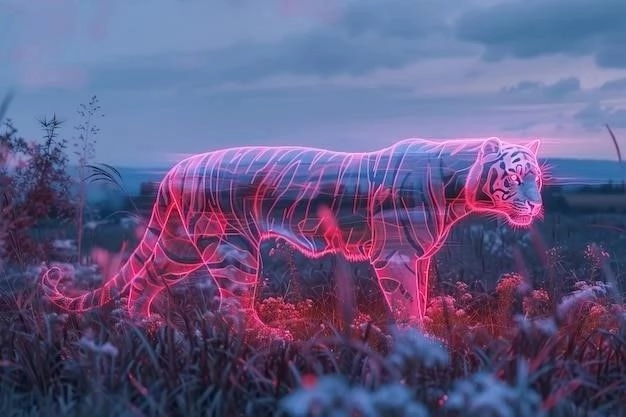
What We Can Do
The good news is that we can all make a difference in the fight to protect animals. Here are some things Ive started doing⁚
- Adopt‚ Dont Shop⁚ If youre considering getting a pet‚ please consider adopting from a shelter or rescue organization. Youll be giving an animal a second chance at life.
- Reduce Your Environmental Footprint⁚ Simple changes like reducing your energy consumption‚ driving less‚ and eating a more plant-based diet can make a big difference.
- Support Conservation Organizations⁚ There are many amazing organizations working tirelessly to protect animals and their habitats. Consider donating your time or money to support their efforts.
- Speak Up for Animals⁚ Use your voice to advocate for animal welfare and conservation. Contact your elected officials‚ spread awareness on social media‚ and talk to your friends and family about these important issues.
I truly believe that by working together‚ we can create a brighter future for all animals. Lets honor our responsibility as stewards of this planet and leave a legacy of compassion for generations to come.
Putting Compassion into Action
Inspired by my shelter visit‚ I knew I had to do more than just feel sad. I started small. I already had a rescued pup‚ Luna‚ but I decided to foster another dog. Welcoming Bruno‚ a rambunctious terrier mix‚ into our home was chaotic at first‚ but the joy he brought us was immeasurable. Seeing him blossom from a timid soul to a playful goofball made the experience incredibly rewarding.
I also wanted to address the root causes of animal suffering. I started researching sustainable living and was surprised at how easy it was to make small changes. I swapped my daily commute for cycling‚ which was not only good for the environment but also for my health! I started composting food scraps‚ reducing waste‚ and even convinced my local grocery store to switch to paper bags.
Sharing my experiences with friends and family has been eye-opening. I organized a clothing swap party‚ which was a fun way to refresh our wardrobes sustainably. We even had a “meatless Monday” potluck‚ where everyone brought their favorite vegetarian dishes. It was amazing to see how receptive everyone was to making conscious choices.
The journey hasnt been without its challenges. There are days when I feel overwhelmed by the sheer scale of the problems facing animals. But then I look at Luna and remember the difference I made in her life. And thats what keeps me going – the knowledge that even small acts of kindness can have a ripple effect.
The future of animals may depend on us‚ but its a responsibility I dont take lightly. Its a journey of learning‚ adapting‚ and never giving up hope. Its about recognizing that we are all connected and that our actions have the power to create a world where both animals and humans can thrive.
Encouraged by the positive response from my friends‚ I decided to take my activism a step further. I joined a local group called “Guardians of Green Valley‚” dedicated to protecting our nearby forest from development. Attending my first meeting‚ I was a bit intimidated. Everyone seemed to know so much about local flora and fauna‚ using terms like “riparian buffer” and “avian migration patterns” that flew right over my head!
But the group was incredibly welcoming‚ eager to share their knowledge and passion. I learned about the delicate ecosystem of Green Valley‚ home to endangered species like the red-legged frog and the California spotted owl. We organized petitions‚ attended town hall meetings‚ and even spent weekends planting trees and cleaning up trails.
One weekend‚ we were working on clearing invasive weeds near a stream when I spotted a family of deer watching us curiously from the treeline. Their big‚ brown eyes seemed to hold a mixture of caution and curiosity. That moment‚ I felt a profound sense of connection to the natural world. It was a reminder of what we were fighting for – not just abstract concepts like biodiversity‚ but the actual lives of these creatures.
My journey to protect animals has been a transformative experience. It has opened my eyes to the interconnectedness of all living things and the power we have to make a difference. It hasnt always been easy‚ but it has been incredibly rewarding. And I know that this is just the beginning. Theres still so much to learn‚ so much to do‚ and so many more animals to fight for.
Inspired by the Guardians dedication‚ I decided to bring my activism even closer to home. My neighborhood‚ while generally pleasant‚ had a distinct lack of greenery. Id often see bees struggling to find pollen in the few scraggly wildflowers pushing through cracks in the sidewalk. It dawned on me that I could create a haven for pollinators right in my own backyard.
Id never been much of a gardener‚ but I dove headfirst into researching native plants. I learned about the importance of providing diverse food sources and nesting habitats for different species. My once barren patch of grass slowly transformed into a vibrant tapestry of lavender‚ salvia‚ and California poppies. I even added a small birdbath and a bee house‚ crafted from recycled materials.
The results were more magical than I could have imagined. Butterflies flitted between blossoms‚ their wings like stained glass in the sunlight. Bumblebees‚ plump with pollen‚ buzzed lazily among the flowers. I even spotted a hummingbird‚ its iridescent feathers a blur as it sipped nectar from the fuchsia-hued salvia. My little backyard had become a miniature ecosystem‚ teeming with life.
Creating this sanctuary wasnt just about helping pollinators; it was about reconnecting with nature myself. Tending to my garden became a daily ritual‚ a chance to slow down‚ observe‚ and appreciate the small wonders Id previously overlooked. It was a powerful reminder that even in the midst of a bustling city‚ we can create pockets of peace and beauty for ourselves and the creatures we share this planet with.
My journey with animal advocacy deepened as I realized it wasnt just about grand gestures‚ but about weaving compassion into the everyday. Take food‚ for example. Id always loved a good burger‚ but learning about factory farming practices left me feeling deeply conflicted. I knew I couldnt unsee the suffering‚ so I decided to try going vegetarian.
Ill admit‚ I was nervous at first. Would I miss the taste of meat? Would I be able to get enough protein? I dove into researching vegetarian recipes‚ discovering a whole world of flavors Id never known existed. Lentils became my new best friend‚ morphing into hearty stews and flavorful curries. I experimented with tofu scrambles‚ veggie burgers bursting with herbs and spices‚ and creamy cashew-based pasta sauces that were surprisingly indulgent.
To my surprise‚ the transition was easier than Id imagined. Not only did I feel physically better – lighter‚ more energized – but I also felt a sense of peace knowing my meals werent contributing to animal cruelty. It wasnt about deprivation‚ but about making conscious choices that aligned with my values.
This shift in perspective extended beyond my plate. I became more mindful of the products I purchased‚ seeking out cruelty-free cosmetics and cleaning supplies. I started mending my clothes instead of immediately tossing them‚ embracing a more sustainable approach to fashion. These small acts of resistance‚ woven into the fabric of my daily life‚ became my way of quietly rebelling against a system that often prioritizes profit over compassion.

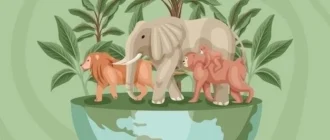
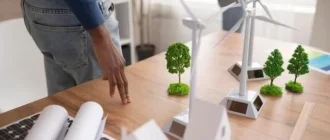
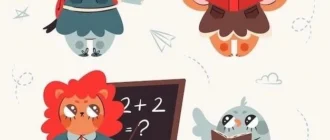
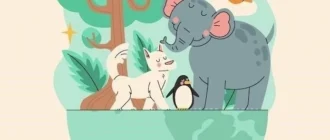
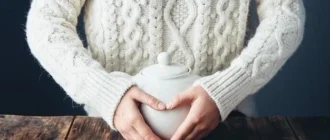
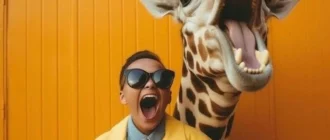
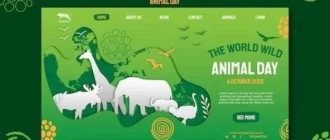
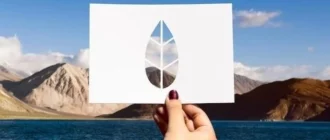
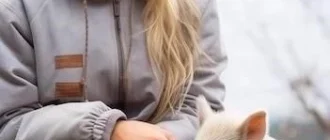
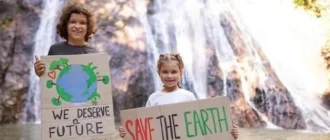
I was inspired by the article\
I was particularly struck by the statistics on the illegal wildlife trade. It\
I found the article\
I was moved by the article\
I appreciate the article\
I was particularly moved by the article\
The article\
This article really hit home for me. The section on habitat loss resonated deeply, as I\
I was deeply moved by the article and its powerful message about animal welfare. It reminded me of the time I fostered a stray kitten, providing him with love and care until he found his forever home. It was an incredibly rewarding experience that highlighted the importance of our responsibility towards animals.
The article is a poignant reminder that our actions have consequences for animals. I recently switched to a more plant-based diet, not only for health reasons but also because of the environmental impact of animal agriculture.